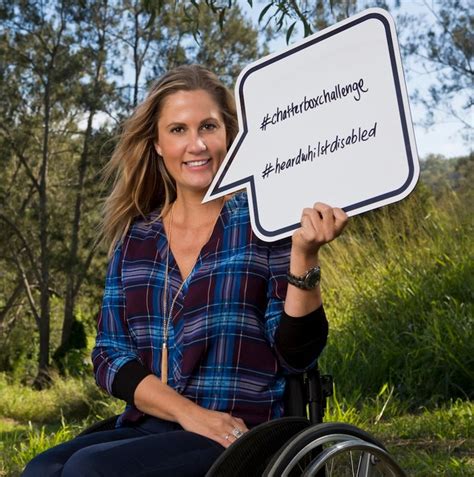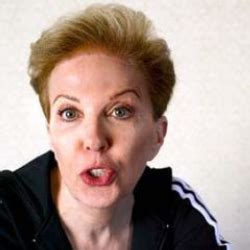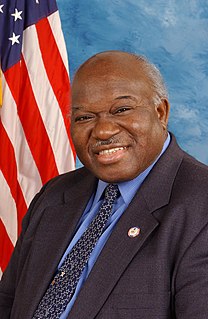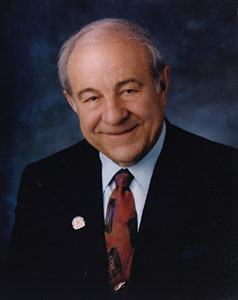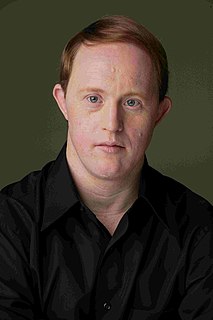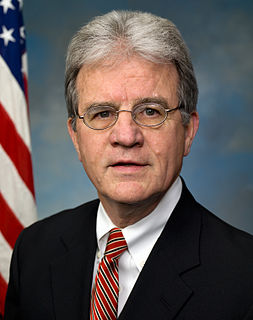A Quote by Karni Liddell
People with disabilities want to be recognised for what they can do, not what they can't do.
Quote Topics
Related Quotes
A lot of society tries to put people with disabilities into one cube, and when you think about it, many, many people have different types of disabilities, and you cannot put a code that applies to towards everyone - generally, they can be guidelines, but in the long run, interior designers and architects need more education on the subject.
A lot of society tries to put people with disabilities into one cube, and when you think about it, many, many people have different types of disabilities, and you cannot put a code that applies towards everyone - generally, they can be guidelines, but in the long run, interior designers and architects need more education on the subject. That's what's missing.
Part of the problem with the word 'disabilities' is that it immediately suggests an inability to see or hear or walk or do other things that many of us take for granted. But what of people who can't feel? Or talk about their feelings? Or manage their feelings in constructive ways? What of people who aren't able to form close and strong relationships? And people who cannot find fulfillment in their lives, or those who have lost hope, who live in disappointment and bitterness and find in life no joy, no love? These, it seems to me, are the real disabilities.
